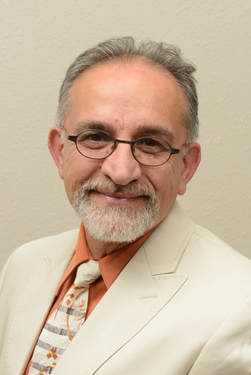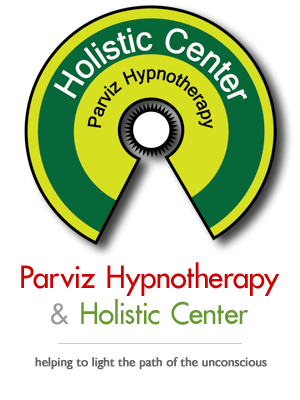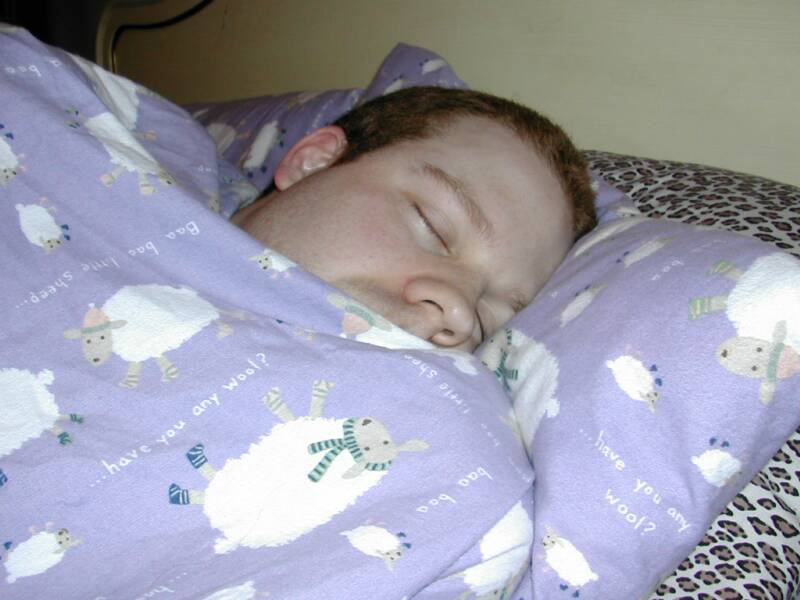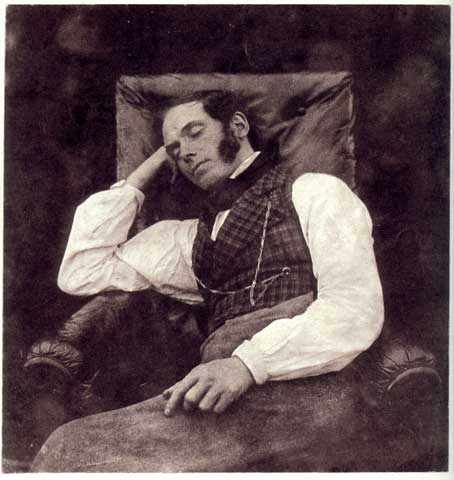|
(707) 655-7540
940 Adams St. Ste. P, Benicia, CA 94510 |
|
Working with Dreams
Dreaming and REM Sleep
|
What happens if you don't get any REM sleep? Originally, researchers thought that no REM sleep meant no dreams. They theorized that dreams were a sort of safety valve that helped your brain let off steam that you couldn't let off during the day. William Dement, MD, now at Stanford University School of Medicine, did a study in 1960 in which subjects were awakened every time they entered REM sleep. His findings included mild psychological disturbances such as anxiety, irritability and difficulty concentrating. He also noted an increase in appetite. While some studies backed up these ideas, more and more studies did not.
Additional studies tried to make a connection between difficulty remembering things and lack of REM sleep, but those studies too have been disproven with more research. An indisputable snag in the loss-of-memory-function theory was a man who had experienced a brain injury that resulted in him experiencing no REM sleep. He completed law school and had no problems in his day-to-day life. The latest ideas on REM sleep are associated with learning. Researchers are trying to determine the effects that REM sleep and the lack of REM sleep have on learning certain types of skills -- usually physical skills rather than rote memory. This connection seems strong in some respects due to the fact that infants and toddlers experience much more REM sleep than adults. Dream Facts
|





